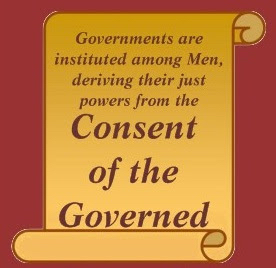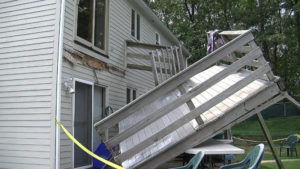Over the years industry lobbyists have convinced state legislators, and in some cases US legislators that they represent the homeowners living in residential associations, be they condominiums or homeowner associations. Gradually over the years they have managed to get legislation enacted stripping owners of rights and property and thus empowering associations. When contacted by their constituents the legislators have explained that the homeowners themselves requested the new laws. Of course that is not true. They have even gone on to say that it is the homeowners fault for their problems because they bought into an association governed development. Hopefully times they are a changing. With their ability to network, connect online and compare notes, homeowners are getting much more savvy. And they are getting active.
Fatemeh Mojtabai joins us On The Commons. Fatemeh, a condo owner in Massachusetts, encountered the perils of condo living first hand a few years ago. She searched online and discovered that contrary to what we are often told, her story was not “an isolated incident”. Further, she didn’t do anything to deserve the problems she faced and yes, it happens all the time. She met others with issues and problems in their own neighborhoods, started talking and connecting with other home and condo owners across the country and together they have started a new organization called HAARRT in order to empower homeowners and build a network of groups working together. We talk to Fatemeh about HAART, about the need to get legislation enacted to provide the framework to protect the sanctity of home and property rights and to assert control over what is rightfully ours. Tune in and find out how you can be a part of this movement and why you might want to.
















